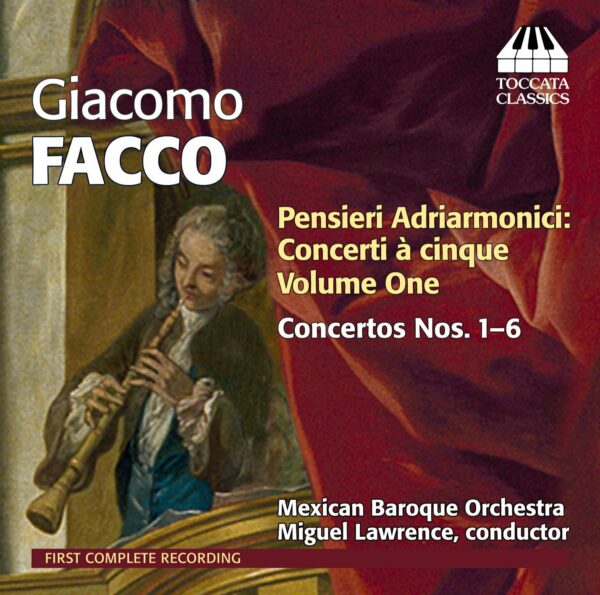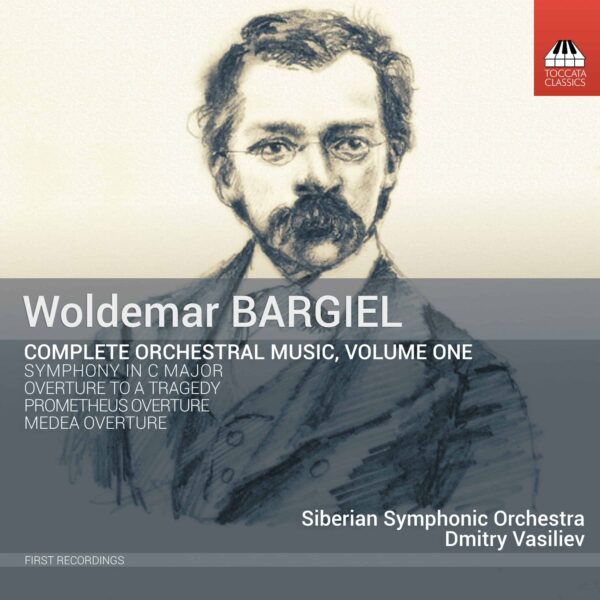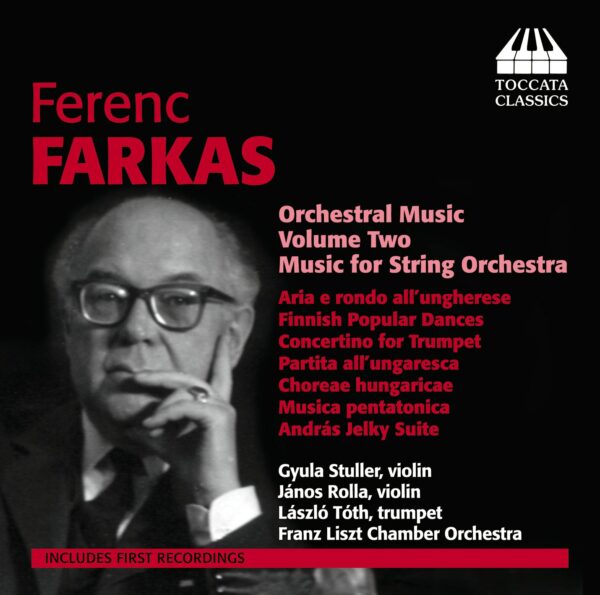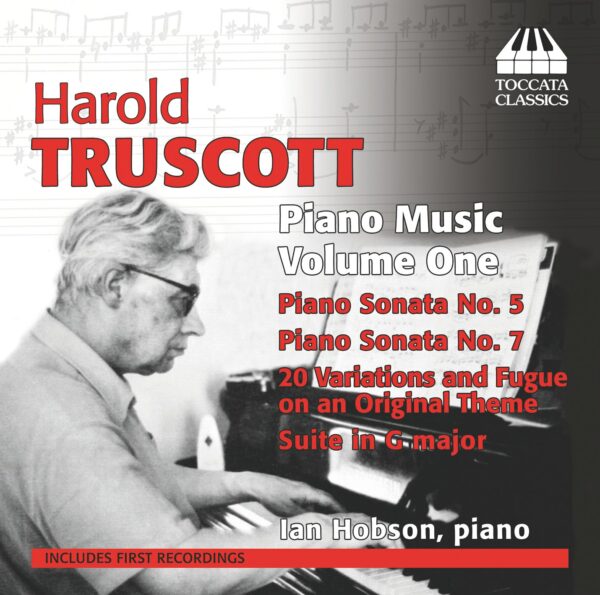Giacomo Facco: Pensieri Adriarmonici: Concerti à cinque, Volume One
Catalogue No: TOCC0202
EAN/UPC: 5060113442024
Release Date: 2013-09-02
Composer: Giacomo Facco
Artists: Manuel Zogbi,
Mexican Baroque Orchestra,
Miguel Lawrence
Giacomo Facco (1676-1753), born near Venice, was active in southern Italy as violinist, choirmaster and teacher before his appointment to the Spanish royal court around 1720. Although highly esteemed in his own time, particularly as a composer of vocal music, Facco had disappeared from musical history until a set of his twelve Pensieri Adriarmonici — concertos for three violins, viola, cello and basso continuo — were discovered in a Mexican library in 1962. Bright and buoyant, they have much in common with the music of Vivaldi, Albinoni, Marcello and Facco's other Venetian contemporaries — but are here given a distinct twist with a basso continuo of vihuela and guitarrón, as they might have been performed in eighteenth-century Mexico.
Manuel Zogbi, violin
Mexican Baroque Orchestra, chamber orchestra
Miguel Lawrence, director
Listen To This Recording:
-
Concerto à 5 in E minor, Op. 1, No. 1 (1716/18, 1721)
- I Allegro
- II Adagio
- III Allegro
- I Allegro assai
- II Grave staccato
- III Allegro assai
- I Allegro assai
- II Adagio
- III Allegro assai
- I Allegro
- II Grave
- III Allegro
- I Allegro
- II Grave
- III Allegro
- I Allegro
- II Adagio cantabile
- III Allegro
Concerto à 5 in B flat major, Op. 1, No. 2 (1716/18, 1721)
Concerto à 5 in E major, Op. 1, No. 3 (1716/18, 1721)
Concerto à 5 in C minor, Op. 1, No. 4 (1716/18, 1721)
Concerto à 5 in A major, Op. 1, No. 5 (1716/18, 1721)
Concerto à 5 in F major, Op. 1, No. 6 (1716/18, 1721)





MusicWeb International :
‘Lovers of the [Vivaldi] will find much to admire in Facco’s music. …This is well worth making a voyage of discovery to hear.”
—Brian Wilson, MusicWeb International
MusicWeb International :
‘…The Mexican Baroque Orchestra – two violins, viola, and cello under the direction of harpsichord player Miguel Lawrence – plays on modern instruments, as does the violin soloist Manuel Zogbi, but what is being sought here is a distinctive Mexican sound. Certainly the continuo instruments offer rich sonority. What also sounds distinctive is the very athletic, vigorous and unshrinking playing of Manuel Zogbi…If you’re looking to discover a post-Vivaldi, post-Albinoni Venetian composer who has slipped History’s moorings then Facco is a useful composer to discover. The question of the rediscovery of his music is also fascinating and, as noted, the booklet is very well worth reading. Facco was an inheritor, not an innovator, but within those limits his concertos, spiced by the Mexican basso continuo, offer ear-catching listening.’
—Jonathan Woolf, MusicWeb International
The Observer :
‘…Venetian Facco, who wrote in the style of Vivaldi and Albinoni, was a tutor in the Spanish court and his music travelled with his adopted nation’s colonial ambitions. Relentlessly formulaic in construction, these concerti nevertheless have an attractively sunny disposition, fully exploited by Manuel Zogbi and his players.’
—Stephen Pritchard, The Observer
Fanfare Magazine :
‘Giacomo Facco (1676–1753) was one of many musical figures in the 17th and 18th centuries who has been largely overlooked in the rush to all things Baroque and Classical. …Occasionally his modulatory path will take a more bizarre turn, but as with all his Vivaldi-like characteristics, this shows Facco as less a pioneer of Romanticism than as a Baroque spitfire violinist interested in momentarily startling effects. …Far from being a pre-Romantic Romantic, much less supplying works comparable in quality to that of Bach, Facco appears to have been a solid musician with an ear to the latest cosmopolitan trends. …The Mexican Baroque Orchestra is a fine string ensemble with a light vibrato and sleek sound. Miguel Lawrence paces and accents expertly. It’s especially pleasant to hear under his baton slow movements that aren’t pushed forward too quickly. …Recommended.’
—Barry Brenesal, Fanfare Magazine